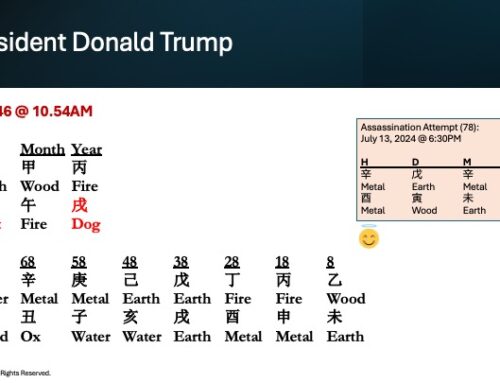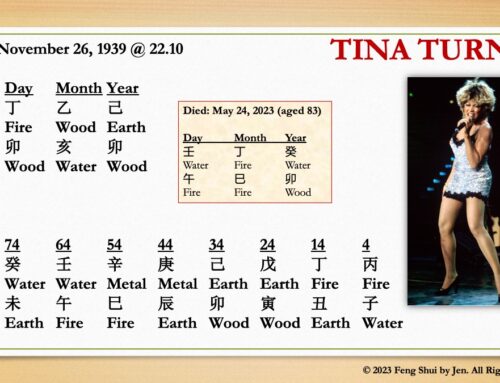What is Feng Shui?
Feng Shui (pronounced “fung-shway”) is a 6000-year-old wisdom from ancient China. The name literally translates to mean wind-water, and it is the study of Qi (energy) flow in the living environment. The purpose is to use your living environment to harness positive and benevolent energies to support and influence life. Although the subject is popularly misunderstood in the West, traditional Feng Shui is anything but mythical or esoteric; rather, it is a strict and systematic discipline similar to Traditional Chinese Medicine, and is derived from a set of knowledge based on the theory of Yin and Yang, the principles of the Chinese Five Elements, and the concept of Qi (energy) — these are the very foundation of the science of Chinese Metaphysics.
What is the Difference between Classical and Western Feng Shui?
Classical Feng Shui should not be confused with Western Feng Shui. Western Feng Shui is associated primarily with the application using the “Bagua Map” method for locating the “love corner” or the “wealth corner” of a home. The traditional approach does not use this simplified methodology; instead, it relies on the use of a Luo Pan (Feng Shui Compass) to understand the natal chart and directional energies of the home, systematically working from the outside-in. Classical Feng Shui essentially boils down to the study of four important factors: (i) the external environment, (ii) the internal property, (iii) the influence of time, and (iv) the people living inside the home. These factors provide for a more comprehensive, extensive, and accurate Feng Shui evaluation.
Also, unlike its western counterpart, Classical Feng Shui does not place an emphasis on obvious interior designs (i.e., painting your door red) or object placement (i.e., hanging crystals). This sophisticated system relies on the power of subtlety. Furthermore, Classical Feng Shui is a “macro” practice that first focuses on the external environment such as the natural landforms surrounding the property. Only then does the analysis move “inward” to focus on the internal floor plan using formulas and other models of calculations. Classical Feng Shui leaves no guesswork and can often provide very precise and in depth assessment that is tailored specifically to the individuals occupying the home.
Why Should You Consider Feng Shui in Real Estate?
Feng Shui can help bring balance and harmony and promote prosperity and happiness. Since your home is a vital “container” that supports you in more ways than you can imagine, why not incorporate this tradition to make your real estate transaction even more meaningful and intentional?
Today, we are seeing a rise in Feng Shui, and the demand to build properties with Feng Shui in mind has gone mainstream. Many metropolitan cities like New York and Miami are developing and building new, luxury real estate with Feng Shui principles in mind. And that is amazing! So there’s no need to shy away from merging the traditions of the East with the lifestyle needs of the West.
Contact Jen Stone to learn more.






